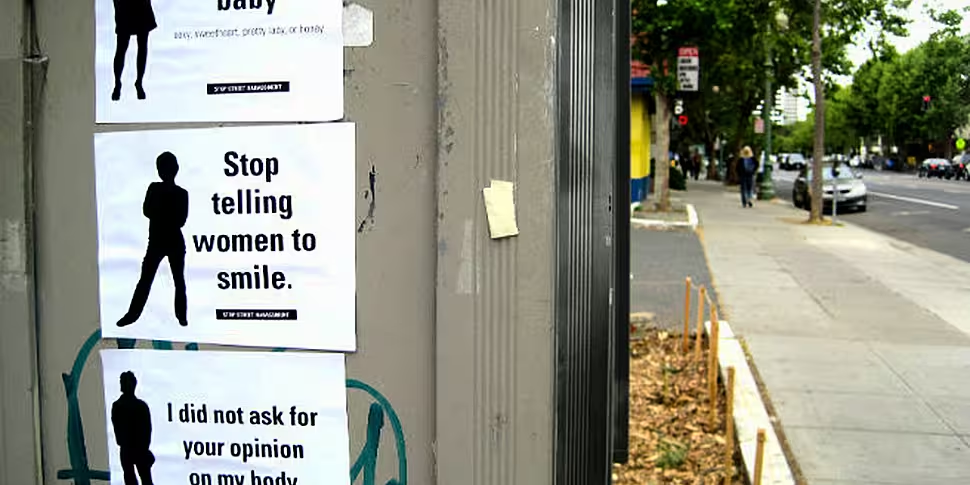It’s hard to tackle Shoshana Roberts’ 'street harassment' video as a male. I can’t avoid the fact that I’ve been there. Witnessed it. Did nothing about it. Instigated it. Felt no shame.
These experiences were subtle, ‘harmless’ by the male standard, but I see them now, without judgement of myself or anyone else, for what they are.
Men often don’t see complimenting a woman on the street based on her appearance as harassment. So something is lost in the dichotomy straight away. Whatever your viewpoint, women, it seems, are uncomfortable with it. They feel victimised by it. They feel threatened by it.
If we as men continue to believe that we decide on the terms of engagement between men and women in what’s complimentary and what’s threatening, then we are proving their point in a way. We decide.
Why?
Do men have more access to truth than women? Or are we just bigger and stronger? Are we really dictating to women as to what their reaction should be for our behaviour towards them and then telling them they shouldn’t have that reaction? That it’s irrational or part of a misguided feminist agenda?
The reality is women feel it for a reason. There is a significant enough level of threat in each ‘compliment’ or leer to make them feel uncomfortable. They understand intimately what it’s like. How? Well how often do we hear about a woman raping a man? How many close shaves do we have as men, where another minute or so and it might have been a different story? How often are we grabbed and manhandled, shouted at in the street? Do we have to put a wall up every night we go out? Make sure we’re with at least one person at all times? Fear a taxi ride on our way home? Fear for our separated friend’s safety?
Unfortunately there are ample stories to create real fear, but we don’t really experience it.
Videos like this are important because they create awareness. Shoshana Roberts didn’t expect the video to explode the way it did I’m sure, but when it did, she had a worrying message.
"I'm harassed when I smile and I’m harassed when I don't. I'm harassed by white men, black men, latino men. Not a day goes by when I don't experience this."
Is this a New York City thing? Is it confined to race or socioeconomic groups?
Apparently not. Females in my life that I’ve spoken at length to about the issue report much of the same behaviour here. But I already knew that because I’ve seen it happen in front of my very own eyes, and it’s come, ashamedly, from my own mouth.
I’ve learned a lot about myself in the last few years but it was Tom Meagher that brought things home for me in April of this year. For those that don’t remember, Tom is the husband of Jill Meagher who was raped and murdered in Australia two years ago.
“We see it on the street as groups of men shout comments, grab, grope and intimidate women with friends either ignoring or getting involved in the activity.
“We see it in male peer groups where rape jokes and disrespectful attitudes towards women go uncontested. The monster myth creates the illusion that this is simply banter, and sexist horseplay.”
The monster myth is that those on the absolute fringes of society are solely responsible, so we in the middle don’t need to feel like we’re contributing in any way.
But he was laying down a gauntlet.
Can we be present enough to discern between harmless fun and creating real discomfort? Can we acknowledge the differences between machoism and masculinity? And can we act on it, in true masculine form, when we do? Opt out of conversations or better still take it on? Is this possible?
If not, we’re still part of the problem unfortunately. That we don’t have the courage to act is closer to the source of our own fear, a fear we then take out on people we know we can dominate to make ourselves feel better and thus bury it from view.
Tom Meagher understood. As does Shoshana Roberts. The women in our lives do too. Ask them.









